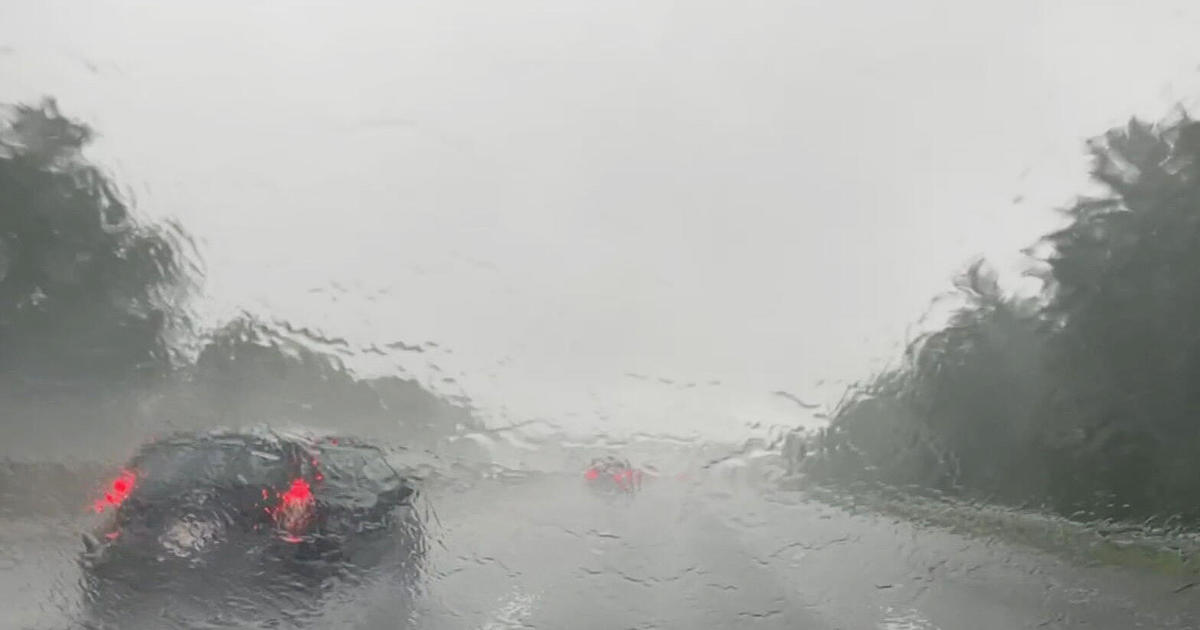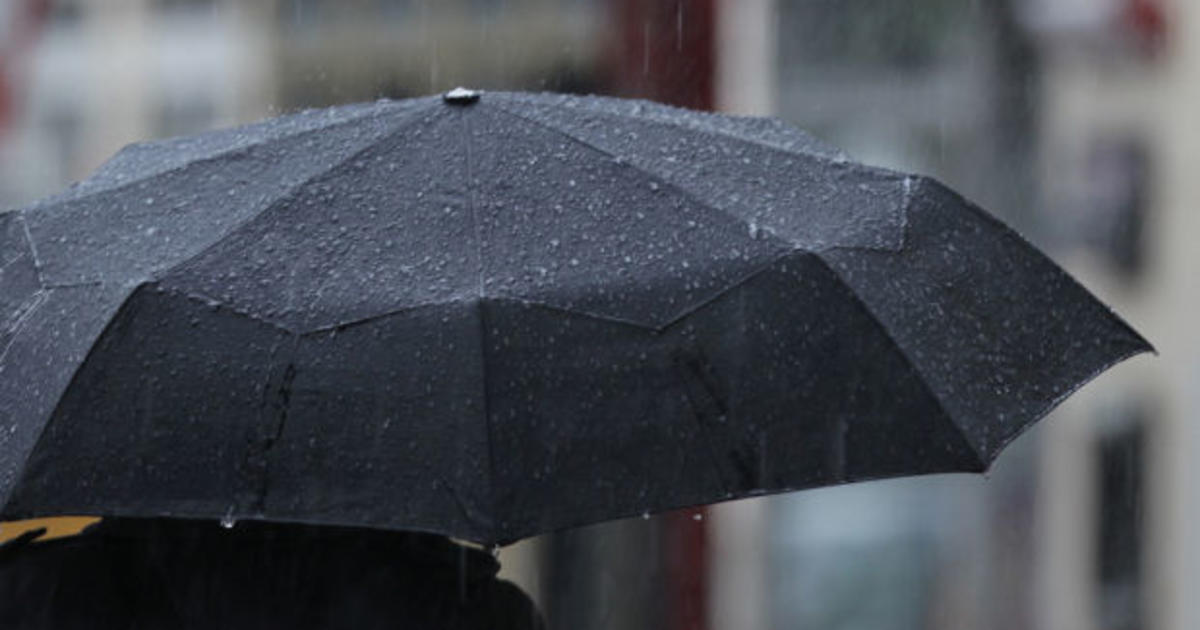Bay Area hit by COVID variant that rapidly spreads, reinfects
BERKELEY -- The BA.4 and BA.5 Omicron subvariants are now the dominant strains of COVID-19 in the United States. They're the most transmissible subvariants to date, according to Dr. John Swartzberg, and infectious disease expert at UC Berkeley.
"We're dealing with a formidable foe right now with BA.4 and BA.5," he said. "I think everybody knows somebody right now who has COVID. I think that tells us how extensively this virus has spread throughout our population."
KPIX 5 reporter Wilson Walker is one of the many people across the Bay Area who got infected over the last week or so.
"I can't remember having an illness where I didn't feel violently sick but at the same time, felt completely wiped out," he said. "There's not much more I can do, other than just sort of, lay around and wait for my energy to come back. That's sort of a strange feeling."
He doesn't know where he was exposed to the virus. But with BA.4 and BA.5, that'll likely be the case for many people.
"In terms of the level of risk, we are dealing with the most contagious form of this virus. Its ability to spread person-to-person is really astounding. It approaches, really, measles, in terms of a respiratory virus, which is the most transmissible respiratory virus that we know of," said Swartzberg. "Right now, the chances of if there's a large group of people indoors, there are going to be several people with COVID who may not even have symptoms. If we're indoors with those folks, that virus is in the air and there's a high probability it's going to infect us."
Swartzberg says there's nothing people can do to stay 100% safe, but he recommends people make sure they're up to date with their COVID-19 vaccines and booster, and also, to wear good quality masks indoors and in some outdoor settings.
"If you're outdoors not crowded with people, I don't think there's any reason for a mask," he said. "On the other hand, if you're really crowded together with people outdoors, I think you're putting yourself at risk. So, I would have a good mask on."
Unlike previous COVID-19 variants, hybrid immunity isn't as strong with BA.4 and BA.5, according to Swartzberg.
"Unfortunately, the ability of BA.4 and BA.5 to evade the immunity we get from previous infections and/or vaccination is really good," he said. "We are seeing repeated infections even in people who have what we call hybrid immunity – a combination of previous infection plus vaccination. The good news is, hybrid immunity – immunity from a previous infection – and especially immunity from vaccination and being up to date, while it doesn't protect us that well from getting infected and getting mild to even moderate disease, it does protect us very well against hospitalization and death."
Wilson is starting to feel better, but he isn't COVID free just yet.
"I'm still testing positive, which I guess is not all that surprising even though I'm feeling a little bit better," he said.
The test-positivity rates across the 9 Bay Area counties currently range from around 11% to 16%. However, Swartzberg says the true figures are actually much higher than what's reported, because so many people are being diagnosed at home with self-tests.
"Bottomline, there's a lot of COVID circulating right now," he said.



